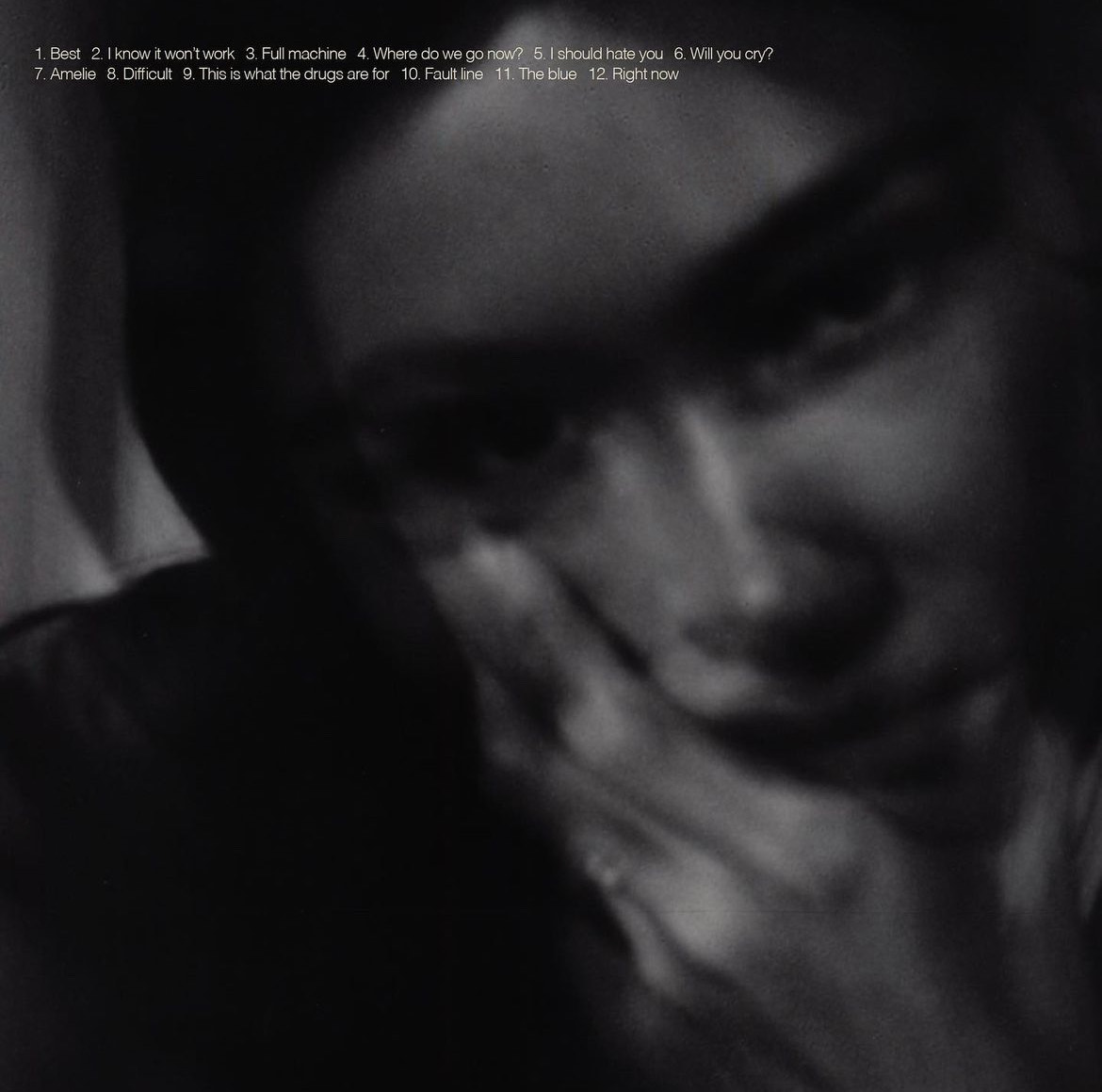“Good Riddance” – Gracie Abrams
★★★★☆
Top Tracks: “Best,” “I should hate you,” “The blue“
Similar Artists: Lizzy McAlpine, Maisie Peters, Ella Jane
On Friday, February 24th, Gracie Abrams released her debut album Good Riddance. The highly anticipated album, which followed the release of singles “Where do we go now” and “Amelie,” stays true to Abrams’s typical sonic sound. Light vocals, acoustic instrumentals, and the occasional funky beat are only some of the notable features of this album.
The album starts off with “Best”—a simplistic song that tells the story of taking accountability in a relationship. The song, with the repetition of the phrase “You fell hard, I thought ‘good riddance,’” is an ode to the album’s title. It also introduces the listener to the ideas of accountability, grief, and regret which are common themes throughout the album. All in all, “Best” is a song that introduces expectations for the album, and it upholds that goal wonderfully.
The album continues with “I know it won’t work” and “Full machine.” These songs focus on the regret of the breakup right as it occurs. Abrams speaks about wanting to take her partner back after cutting ties, but knows that “it won’t work like that.” She then describes how, post-breakup, all she wants is to speak to her ex-lover, yet she knows that they no longer have time for her. She uses the wonderful metaphor of the full (answering) machine to represent this lover. They no longer have the capacity for her love. It’s utterly heartbreaking, yet such a creative comparison that I can’t help but feel a bit wonderous. The songs themselves are full of melancholy pianos and pleading vocals, which take the message of the lyrics and drive it just a little bit further home.
“I should hate you” is, ironically, one of the more upbeat tunes from the album. The song speaks to the acceptance of the end of a relationship. Abrams writes “we didn’t happen the way we were supposed to” and “I swear to God I’d kill you / if I loved you less hard.” While aggressive and a bit resentful, the lyrics still seem to be expressions of acceptance. The sonic components, like in the previous songs, seem to parallel this reluctant optimism. The melodies are more joyous, and the tempo is much more upbeat. There is even a rhythmic thumping in the background of the second half of the song that feels very reminiscent of a heartbeat. It seems to highlight that the heart is still beating—still moving on—even after heartbreak.
Abrams moves from this optimism to a defeated outlook in “This is what the drugs are for.” She describes her near-constant thoughts of her ex-partner throughout her daily life and admits to “counting all the days” since they left. The lyrics describe the feeling of losing a lover and friend and trying to find ways around that pain. Once again, Abrams beautifully employs drugs as a metaphor for the distractions she searches for in the wake of the breakup. Although, interestingly, this is also one of the more upbeat tunes on the album. The track has a folky guitar melody plucking in the background, and happy piano chords strike in the background. It seems to be a reference to falling into a rut during the healing process. Yet you still know you’re better than where you started, and know you will continue to grow and heal.
Abrams finishes the work with “The blue” and “Right now.” After the emotional turmoil of the rest of the album, these pieces finally highlight acceptance and growth. The former speaks of a potential new relationship that comes “out of the blue.” In the latter, Abrams sings “I left my past life in the ground / Think I’m more alive somehow.” The very last lines of the album are “I feel like myself right now.” She speaks of the final acceptance stage that leads to being back to the person you are at your core, without any lover in your life. It is an expression of freedom, self-love, and strength in the face of hardship. The chords of the song are wonderous, and the song builds and builds until it cuts out right as Abrams sings the very last lines. It feels optimistic and a bit awestruck, but it’s certainly a hopeful note to end the album on.
All in all, this album is a fantastic exploration of what it means to take accountability in a relationship. It’s also a discussion of the journey it takes to reach inner peace after a breakup. The peaceful instrumentals often contrast the emotional turmoil of the lyrics. Yet, they seem to push the listener towards the feeling of optimistic hope and acceptance found in the lyrics at the end of the album. Regardless, it feels like the perfect album to throw on in the background of a coffee shop, which I did. The peaceful melodies of the entire album set the perfect atmosphere for some quiet conversation and studying. Good Riddance is a certified coffee house classic, and it’s certain to be a classic breakup album, too.

